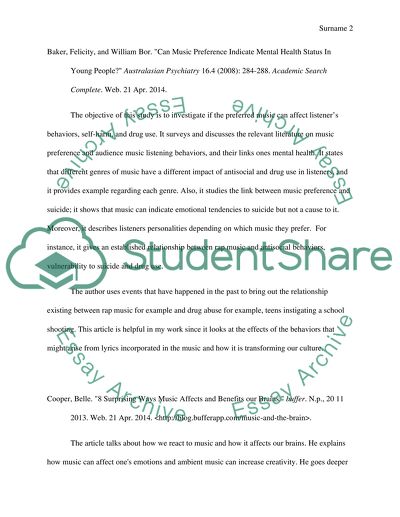Cite this document
(“The Preference of Music and its relationship to Culture, Personality, Annotated Bibliography”, n.d.)
Retrieved de https://studentshare.org/english/1641340-the-preference-of-music-and-its-relationship-to-culture-personality-and-mental-health
Retrieved de https://studentshare.org/english/1641340-the-preference-of-music-and-its-relationship-to-culture-personality-and-mental-health
(The Preference of Music and Its Relationship to Culture, Personality, Annotated Bibliography)
https://studentshare.org/english/1641340-the-preference-of-music-and-its-relationship-to-culture-personality-and-mental-health.
https://studentshare.org/english/1641340-the-preference-of-music-and-its-relationship-to-culture-personality-and-mental-health.
“The Preference of Music and Its Relationship to Culture, Personality, Annotated Bibliography”, n.d. https://studentshare.org/english/1641340-the-preference-of-music-and-its-relationship-to-culture-personality-and-mental-health.


